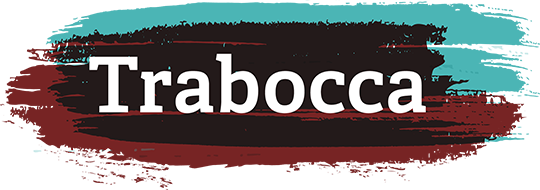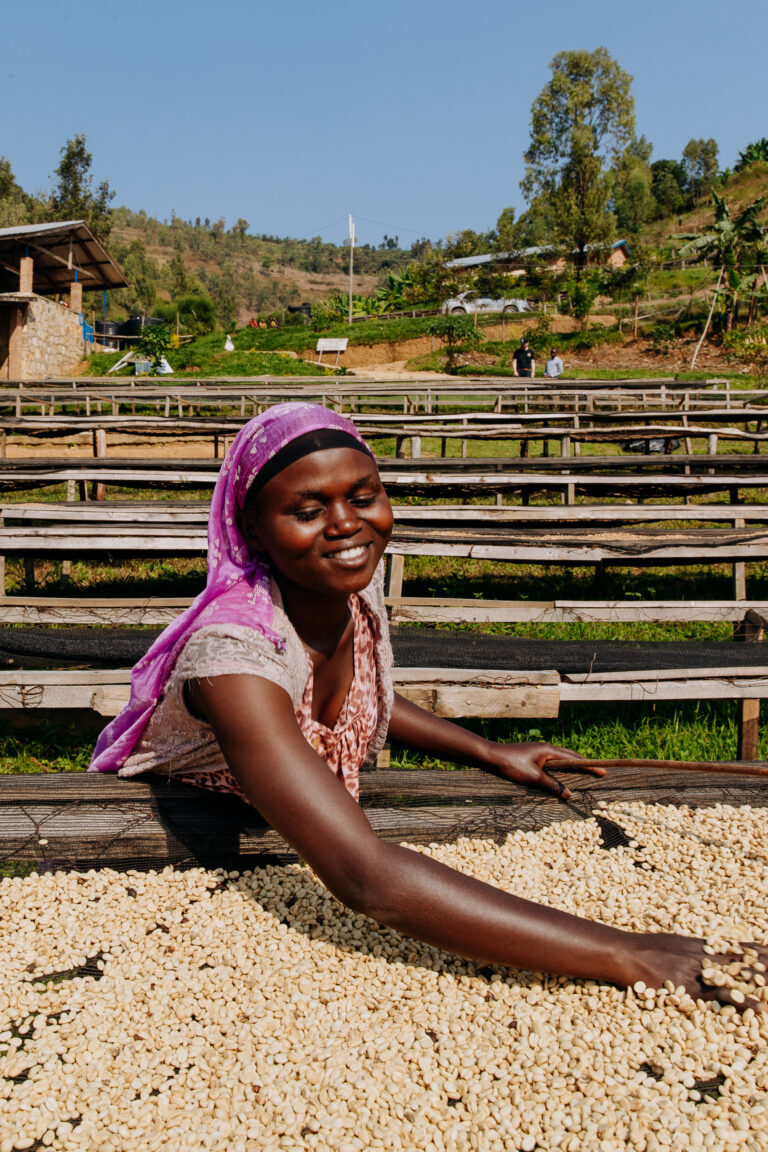… When engaging with the communities, we discuss, assess, and understand needs before acting. Over the last couple of years, we have started different activities to support our coffee community, especially after heavy rain slides destroyed many of our communities’ farms in early 2020 in Northern Rwanda. We were overwhelmed by the support of the global specialty community raising a total of 130,000 USD to cover immediate needs, support recovery by rebuilding homes, and build resilience (coffee nurseries, coffee training, support in planting new trees by providing mulching material and organic manure). We have built a strong network in the areas we are purchasing from and have kept the momentum by hiring the project agronomist as a full-time employee of MTCo. Our latest project that started in early 2023 is our Kilimbi Coffee Farm. The vision was to transform an area of about 1.3ha into a best practice example for regenerative farming, meaning to balance conservation and environmental sustainability alongside the commercial production of coffee, especially as we have experienced an enormous decrease in production in the Western Province of Rwanda over the last couple of years. The farm is situated right next to our Kilimbi CWS with the overall aim of raising awareness amongst farmers of how to better focus on quality and climate resiliency.









